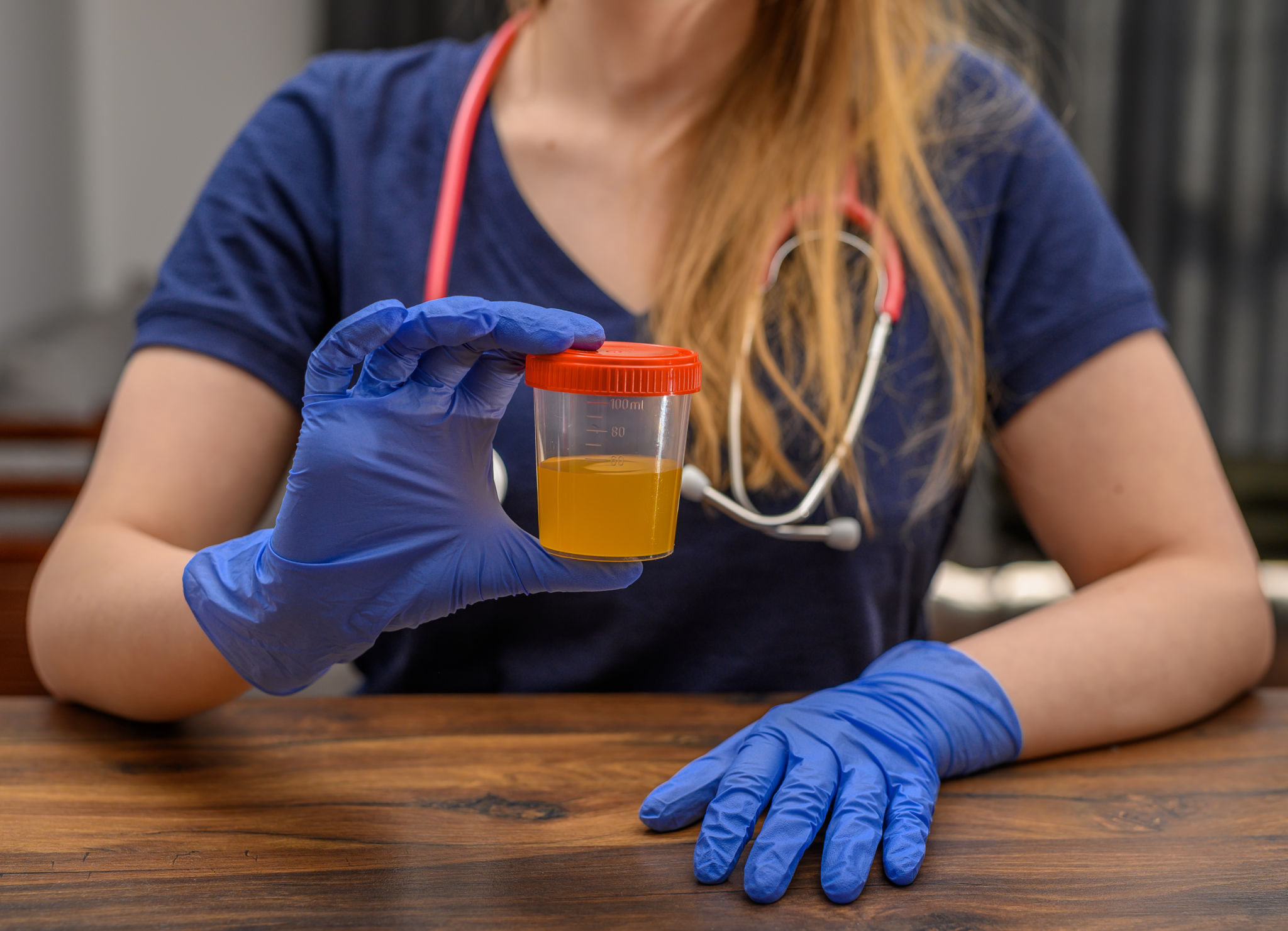Latest Trends in Workplace Substance Abuse Testing: What Employers Need to Know
Introduction to Workplace Substance Abuse Testing
In today's dynamic work environment, maintaining a safe and productive workplace is more important than ever. One of the key components in achieving this is effective substance abuse testing. As trends evolve, employers need to stay informed about the latest developments to ensure compliance and effectiveness.
Substance abuse testing in the workplace not only helps in maintaining safety standards but also in boosting overall employee performance. As new substances emerge and testing technologies advance, staying updated is crucial for employers.

Advancements in Testing Technologies
The recent advancements in testing technologies have revolutionized how companies approach substance abuse screening. Traditional methods like urine tests are being complemented with more sophisticated and less invasive options.
For instance, oral fluid testing has gained popularity due to its ease of administration and ability to detect recent drug use. Additionally, hair testing provides a longer detection window, making it an excellent choice for identifying habitual use.

Integrating AI and Automation
With the rise of artificial intelligence and machine learning, many companies are integrating these technologies into their substance abuse testing processes. AI can help in analyzing test results more accurately and efficiently, reducing human error and increasing reliability.
Legal and Ethical Considerations
As testing methods evolve, so do the legal and ethical considerations surrounding workplace substance abuse testing. Employers must balance maintaining a safe work environment with respecting employee privacy rights.
It's essential to have a clear policy that outlines the purpose, process, and consequences of testing. Employers should ensure that their policies comply with both federal and state regulations to avoid legal challenges.

Impact of Changing Legislation
The legalization of substances such as cannabis in various jurisdictions has added complexity to workplace testing. Employers need to adjust their policies accordingly, considering factors like impairment and job safety requirements.
Implementing a Comprehensive Testing Program
A successful substance abuse testing program is comprehensive and tailored to the specific needs of the organization. This includes selecting appropriate testing methods, defining the scope of testing, and ensuring transparent communication with employees.
An effective program is proactive rather than reactive, focusing on prevention through education and support for employees struggling with substance use.

Fostering a Supportive Work Environment
While testing is a critical tool, fostering a supportive work environment is equally important. Employers should provide resources such as counseling services and rehabilitation programs to help employees overcome substance-related challenges.
By staying informed about the latest trends in workplace substance abuse testing, employers can create a safer, more productive work environment while supporting their workforce's well-being.
